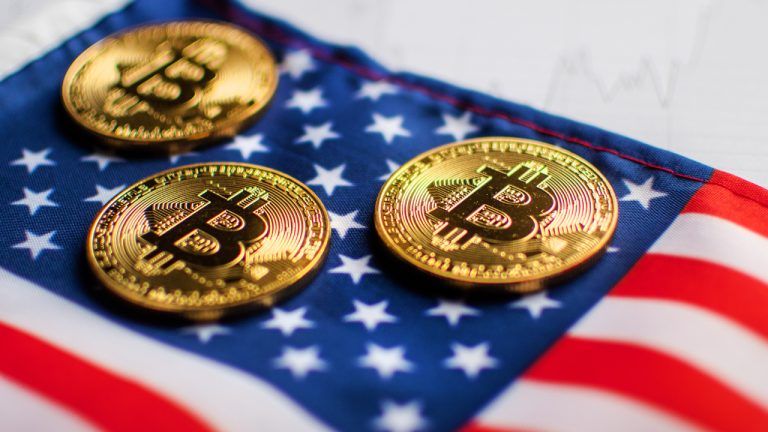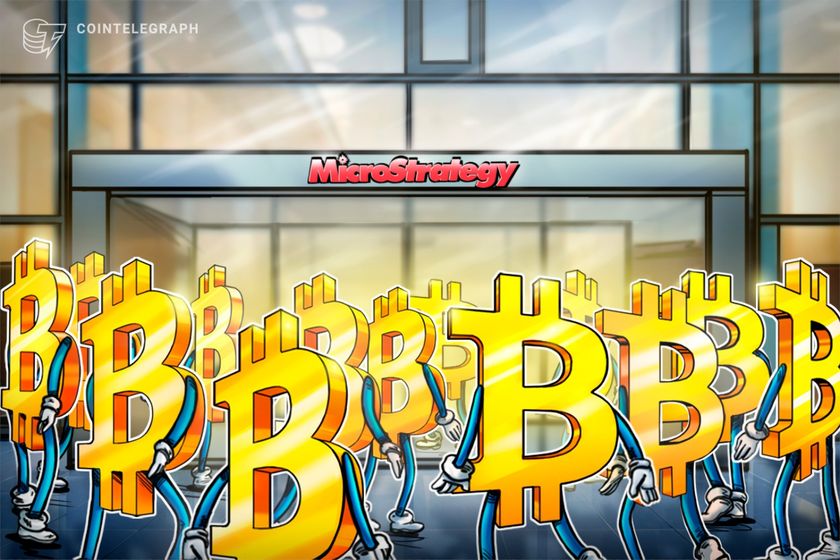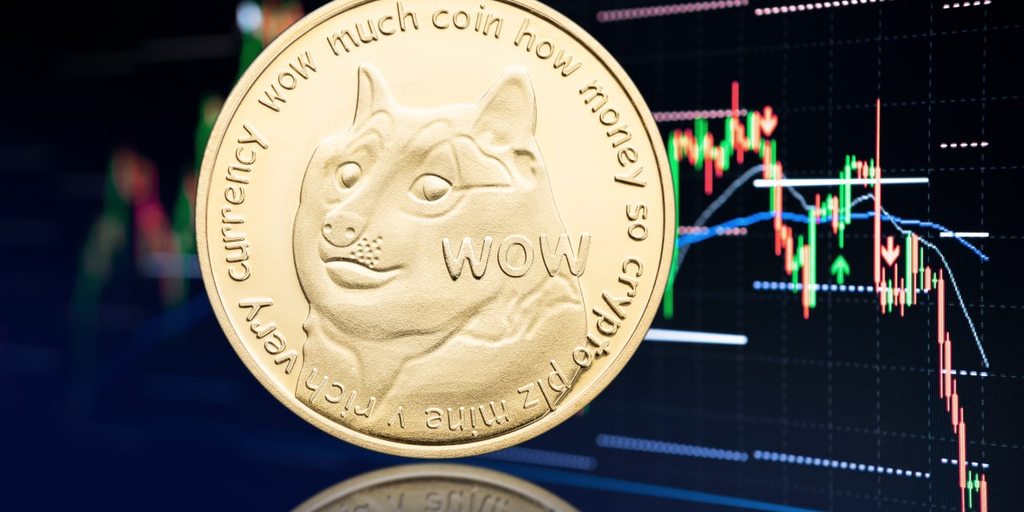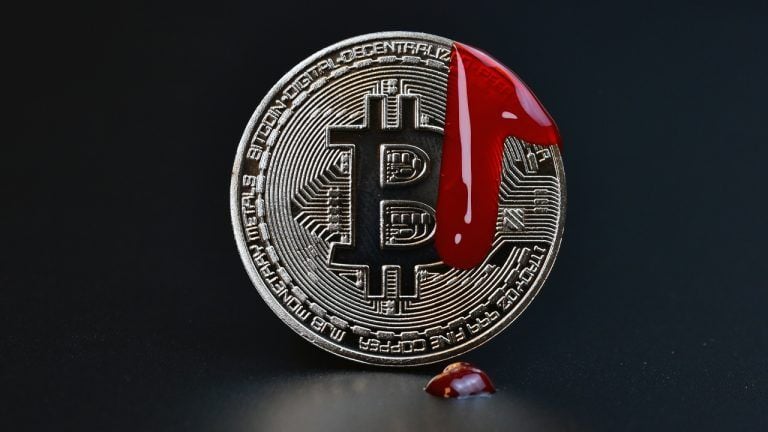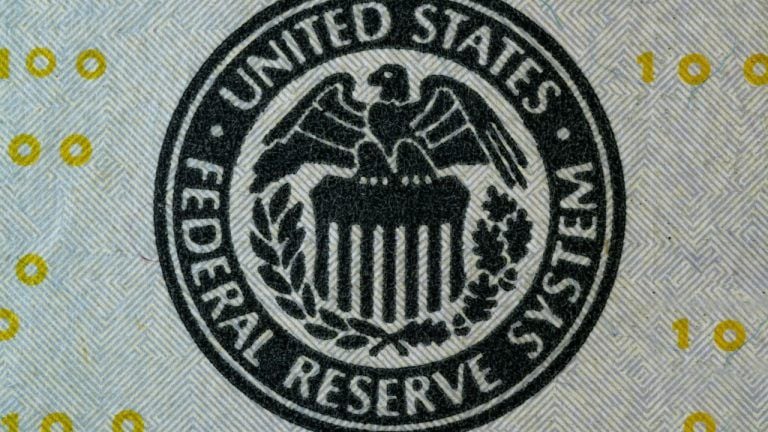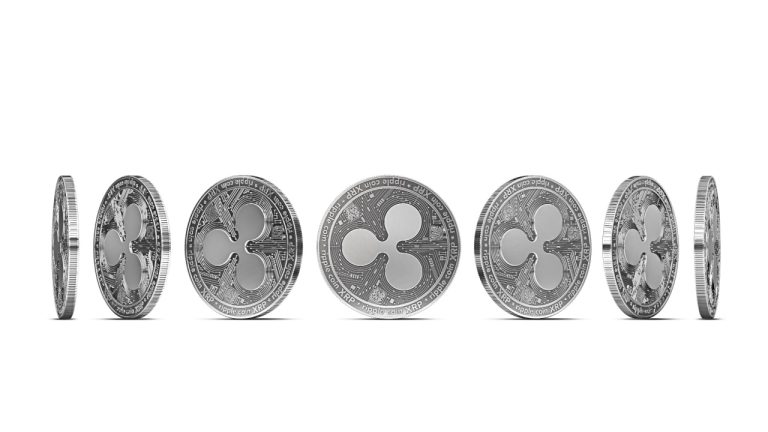Rumble, a rising competitor to YouTube, has positioned itself as a platform that champions free speech and resists the content moderation policies of Big Tech. Tether’s significant investment in Rumble is a strategic push to foster a decentralized internet ecosystem.
By backing Rumble, Tether aligns itself with platforms that challenge the status quo of centralized media, betting on the idea that blockchain technology and alternative platforms can reshape how content is created, shared, and monetized. This investment also underscores the growing overlap between crypto and Web3 advocates who see decentralized platforms as essential for digital freedom.
Rumble has gained traction among creators seeking a censorship-resistant alternative to mainstream platforms. For Tether, this partnership could mean broader integration of blockchain-based monetization tools, potentially driving the adoption of cryptocurrencies, including USDT, among Rumble’s user base.
Tether CEO Paolo Ardoino wrote on X that “ Tether deeply believes in the fundamental values of freedom of speech and financial freedom. Our strategic investment in Rumble greatly underscores Tether’s focus in supporting technology and companies that empower humans, delivering independence and resilience to our society.”
Source: X
Doubling Down on BitcoinTether’s commitment to Bitcoin is no secret—it has consistently touted Bitcoin as the ultimate store of value in a world of fiat currency debasement. With this latest investment, Tether is reinforcing its position as a major player in the cryptocurrency space. The additional allocation of funds to Bitcoin is not just about diversifying its reserves but also about sending a clear message: Bitcoin is a cornerstone of Tether’s financial strategy.
Tether’s Bitcoin investments reflect its confidence in the long-term value of the cryptocurrency, even as market volatility continues to make headlines. The decision mirrors the actions of other prominent institutions that are increasingly treating Bitcoin as a digital gold—an asset to hedge against inflation and economic uncertainty.
Tether’s Evolving IdentityHistorically, Tether has primarily been seen as the issuer of USDT, a stablecoin pegged to the U.S. dollar and used extensively in crypto trading and payments. However, this $775 million investment highlights a shift in its corporate identity. Tether is broadening its scope, actively participating in building the decentralized economy and solidifying its relevance in both the tech and financial sectors.
The move also raises questions about Tether’s reserves. While Tether has faced scrutiny in the past regarding the transparency of its backing, these recent investments showcase a proactive approach to asset diversification. By allocating funds to Bitcoin and innovative platforms like Rumble, Tether is signaling its intent to stay at the forefront of the digital economy.
A Broader Trend in Crypto InvestmentsTether’s latest move is part of a broader trend among major crypto firms and investors looking to push the boundaries of blockchain utility and adoption. From funding decentralized platforms to acquiring strategic crypto assets, the industry is collectively laying the groundwork for a Web3-driven future.
The intersection of Bitcoin, stablecoins, and decentralized platforms like Rumble reflects a growing belief in a more open, permissionless digital economy. Tether’s investment might also inspire other blockchain companies to expand their portfolios beyond traditional crypto assets and into adjacent industries.
The Road AheadTether’s $775 million investment is a high-stakes gamble that could yield substantial returns if Rumble continues its upward trajectory and Bitcoin remains resilient. However, it also places Tether in a position of greater scrutiny, as critics may question the implications of its reserve management strategy.
Regardless, this bold move reinforces Tether’s intent to be more than just a stablecoin issuer. By doubling down on Bitcoin and betting on decentralized media, Tether is making a clear statement: the future is decentralized, and it’s betting big on being part of that future.



